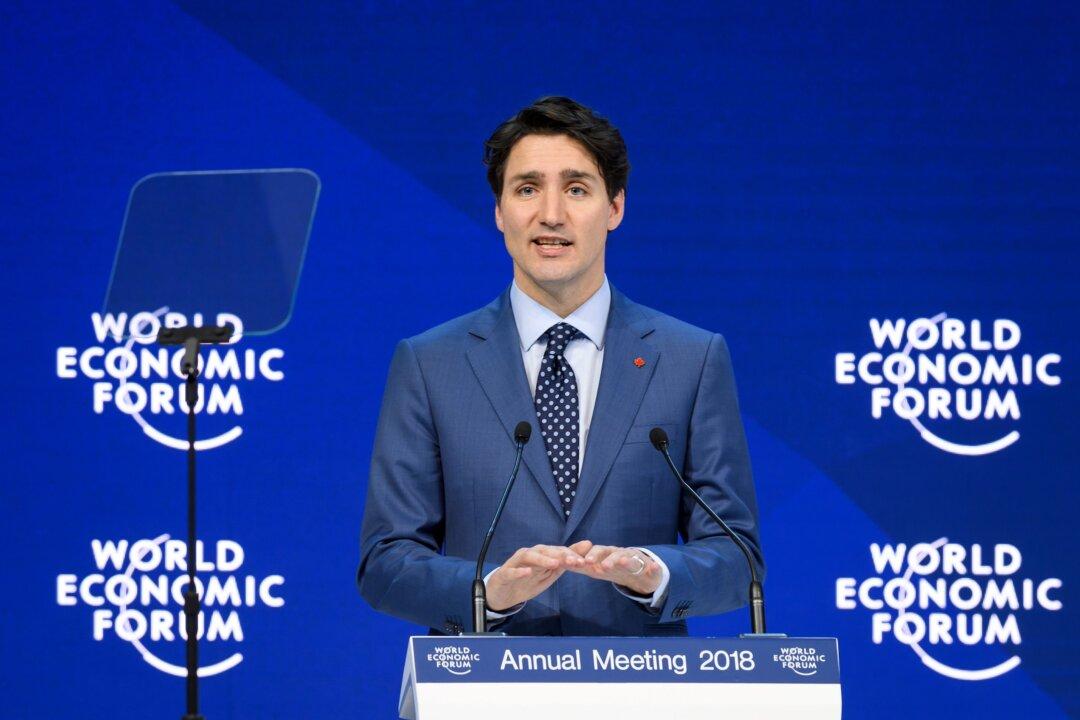Commentary
The concept of the “Great Reset” isn’t new but had always been dismissed as a conspiracy theory or an academic notion that would never actually be implemented.

The concept of the “Great Reset” isn’t new but had always been dismissed as a conspiracy theory or an academic notion that would never actually be implemented.